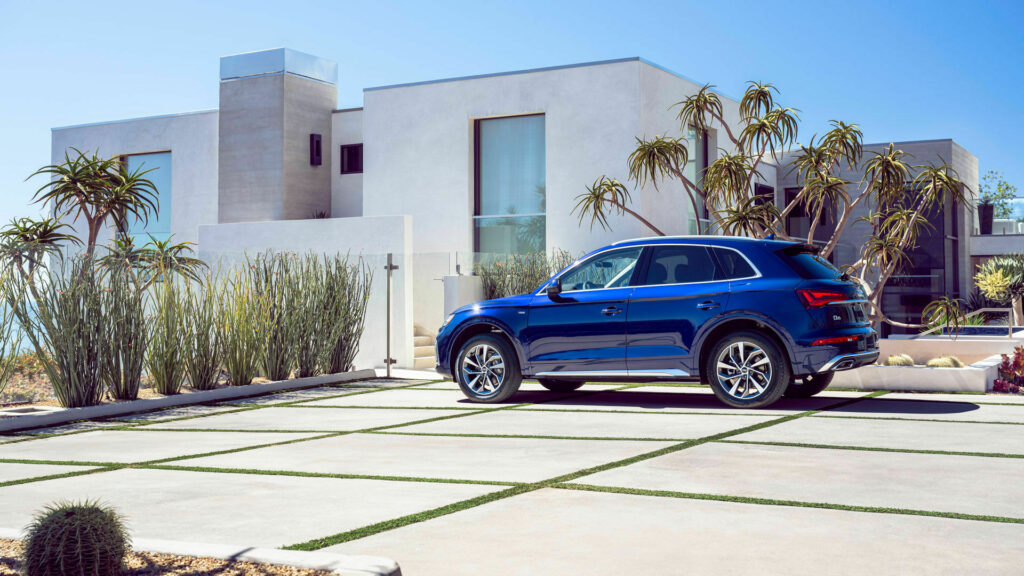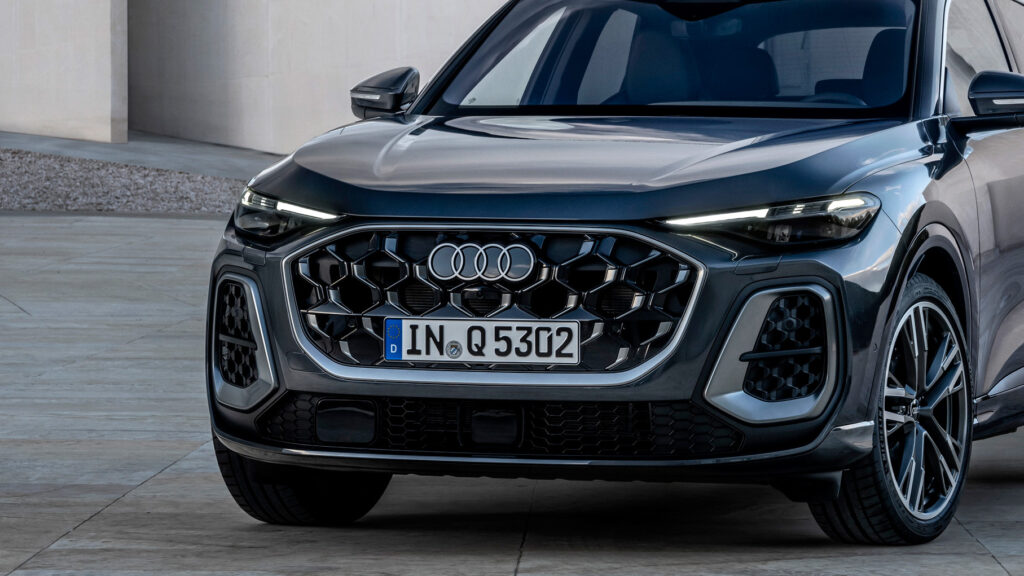- The Q5 is Audi’s best-selling model in the US and is crucially important for the brand.
- However, it will be hit with a 25% auto industry tariff and a 25% tariff on Mexican goods.
- Dealers are holding two-month supplies of Q5s that won’t yet be affected by tariffs.
Through the first quarter of this year, the Audi Q5 accounted for roughly a third of all new cars sold by the German brand in the United States. However, Q5s could soon start disappearing from dealership lots because of President Trump’s sweeping tariffs.
More: Audi Stops All US Vehicle Exports Over Tariffs
While many automakers are still trying to figure out which tariffs apply to them, Trump has created a dizzying level of uncertainty with policies that leave plenty of room for interpretation. Sources familiar with Audi’s strategy indicate that the brand expects to face three new tariffs, totaling a staggering 52.5%.
The Tariff Breakdown
The first blow is a 25% levy on imported cars and any non-US parts. The second is another 25% tariff on cars imported from Mexico. On top of that, a 2.5% fee applies for not fully complying with the USMCA free-trade agreement.
Speaking with Bloomberg, an Audi spokesperson said the brand plans to keep selling the Q5 in the United States and is looking for how to mitigate the impact of the tariffs. It’s likely hopeful that Trump will change his mind on the auto tariffs and institute a pause, just as he did on the so-called reciprocal tariffs for dozens of countries this week.
If Audi does plan to keep selling the Q5 locally, it’s hard to imagine how it will be able to justify doing so without massive price hikes.

Audi’s Options
Audi Q5 models sold in the United States are manufactured at the company’s San Jose Chiapa plant in Mexico. Currently, only the outgoing generation is available in America, though the new Q5 is also built at the same site. This plant produces vehicles for the global market, which means the Q5 hasn’t been designed to meet USMCA compliance. According to Bloomberg, just 2% of the Q5’s content is sourced from the US or Canada.
VW chief executive Oliver Blume says the global carmaking giant is waiting on additional clarity from the US administration before it makes any investment decisions, such as potentially building vehicles in the United States. Audi models to be tariffed are currently being held at U.S. ports. Dealers are thought to have approximately a two-month supply of vehicles that won’t be hit with the tariffs.
VW was reportedly weighing up the possibility of building some Porsche and Audi models at the same plant currently under construction in South Carolina for the Scout Traveler and Scout Terra. However, no move has been confirmed, and this is not a short-term solution, as the site isn’t expected to be ready to begin production until late 2026.




